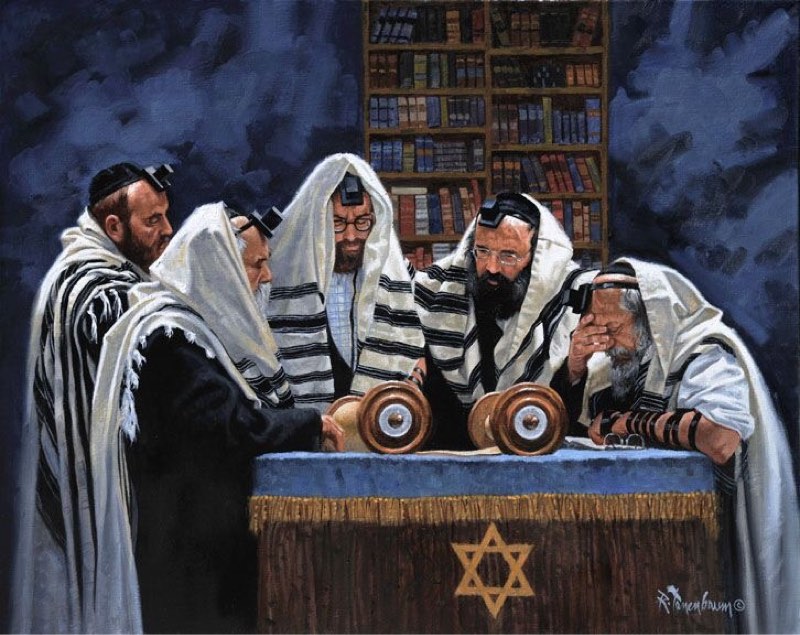Is Allah considered to be the God of Israel?
Yes, according to Islamic belief, Allah is considered to be the God of Israel. In Islam, Allah is believed to be the one and only God, the creator and sustainer of all things. Muslims believe that Allah is the same God worshipped by the prophets, including Moses (Musa) and Jesus (Isa), who are respected figures in Islam.
While the Quran doesn't explicitly state that Allah is exclusively the God of Israel, it recognizes the Israelites as a chosen community and acknowledges their prophets and their relationship with Allah. Muslims believe in the continuity of prophethood and consider the teachings of the Prophets, including those sent to the Israelites, as part of the divine message. Hence, Allah is recognized as the God of all people, including the Israelites, in Islamic belief.
How is the word "Yahweh" connected in meaning to one of the ninety-nine names of Allah, "الْحَيُّ," mentioned in Surah 2, verse 255, of the Quran?
There appears to be an interesting connection between the Hebrew name "Yahweh" (YHWH) and the Arabic name "Al-Hayy" (الْحَيُّ), which is one of the 99 names of Allah mentioned in the Quran. Here are the key points:
1. Yahweh: The name “Yahweh” is derived from the Hebrew root HWH or HAYAH, which means “to be” or “to exist.” It is often translated as “I am who I am” or “The One Who Is.” This name signifies God’s eternal, unchanging, and self-existent nature, implying that God exists independently and without beginning or end.
2. Al-Hayy (الْحَيُّ): Al-Hayy in Arabic means "The Ever-Living One". It is one of the 99 names of Allah mentioned in the Quran, specifically in Surah Al-Baqarah (2, verse 255), known as Ayat al-Kursi.
3. Some scholars have noted a similarity in meaning between YHWH and Al-Hayy (الْحَيُّ):
The Jewish Encyclopedia entry for YHWH states that its meaning matches the meaning of "Al-Hayyu Al-Qayyum" (The Ever-Living, the Self-Subsisting), which are two names of Allah mentioned together in Ayat al-Kursi.
Both names relate to the concept of eternal existence or "being".
4. While there is no explicit teaching in Islam that Al-Hayy (الْحَيُّ) is directly equivalent to YHWH, some see it as a possible Arabic manifestation or derivative of the Hebrew name.
5. Both Judaism and Islam consider their respective names (YHWH and Al-Hayyu Al-Qayyum) to be among the most important revealed names of God.
It's important to note that while there are similarities in meaning, Islamic and Christian theological perspectives on God differ in significant ways. Muslims believe in the absolute oneness of Allah, while Christians believe in the Trinity. Therefore, the connection between these names should be understood within their respective religious contexts.

